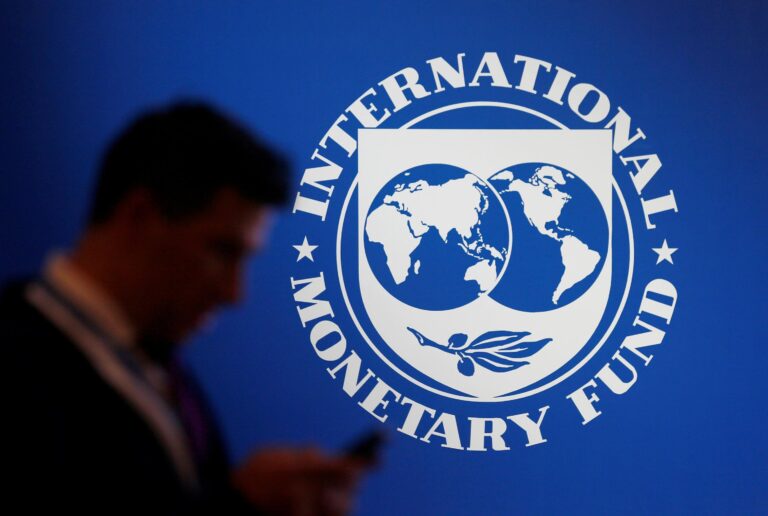The study predicts that GDP will grow by just 2.4 per cent in 2023-24, missing the 3.5 per cent target set by the government.
Islamabad:
The International Monetary Fund (IMF) projects Pakistan’s economy to grow by 3.5 percent in fiscal year 2024-25 (FY25).
The forecast is slightly below the 3.6 percent target announced by the Pakistani government in its latest budget and comes against the backdrop of weak global economic activity.
Pakistan’s Economic Survey has projected the country’s GDP to grow by just 2.4 percent in 2023-24, missing the 3.5 percent target set by the government.
Pakistan’s economic situation has been exacerbated by chronic mismanagement and further exacerbated by the COVID-19 pandemic, the disruption caused by the war in Ukraine, and devastating floods in 2022 that affected a third of the country.
In its latest World Economic Outlook (WEO), the IMF warned that global growth will slow over the next two years as the economy faces challenges including slowing economic activity in the United States, a bottoming out in Europe, and rising consumption and exports in China.
The IMF maintained its global GDP growth forecast for 2024 at 3.2% and slightly raised its forecast for 2025 to 3.3%.
IMF Managing Director Kristalina Georgieva described current economic projections as part of the “tepid ’20s.” The U.S. growth forecast for 2024 was lowered to 2.6% after consumption grew slower than expected in the first quarter, while the 2025 forecast remains at 1.9% due to a cooling labor market and subdued spending.
IMF Chief Economist Pierre-Olivier Grunschas noted that growth among major advanced economies is more balanced, with the United States showing signs of slowing and Europe showing signs of recovery. The IMF raised its growth forecast for China in 2024 to 5.0%, consistent with the Chinese government’s target, due to a recovery in private consumption and strong exports.
The forecast for 2025 was also raised to 4.5%.
The IMF highlighted ongoing inflation risks from rising services prices and wage increases in labour-intensive sectors. A renewed flare-up in trade and geopolitical tensions could exacerbate inflation by raising the cost of imported goods.
The IMF warned that high inflation over a prolonged period could lead to persistently high interest rates and increase external, fiscal and financial risks.
China said second-quarter GDP growth was just 4.7 percent, below expectations due to weak consumer spending and a long-term slump in the property market.
Goulincias said this poses downside risks to the IMF’s forecasts, reflecting weakening consumer confidence and continuing problems in the real estate sector.
The IMF also warned of a possible shift in economic policy as a result of upcoming elections, which it said could lead to fiscal overspending and increased protectionism.
Raising tariffs or expanding domestic industrial policies could have adverse cross-border economic effects and provoke retaliation.
The IMF advised policymakers to prioritize restoring price stability, gradually ease monetary policy, rebuild fiscal buffers depleted during the pandemic, and implement policies to foster trade and productivity growth.

